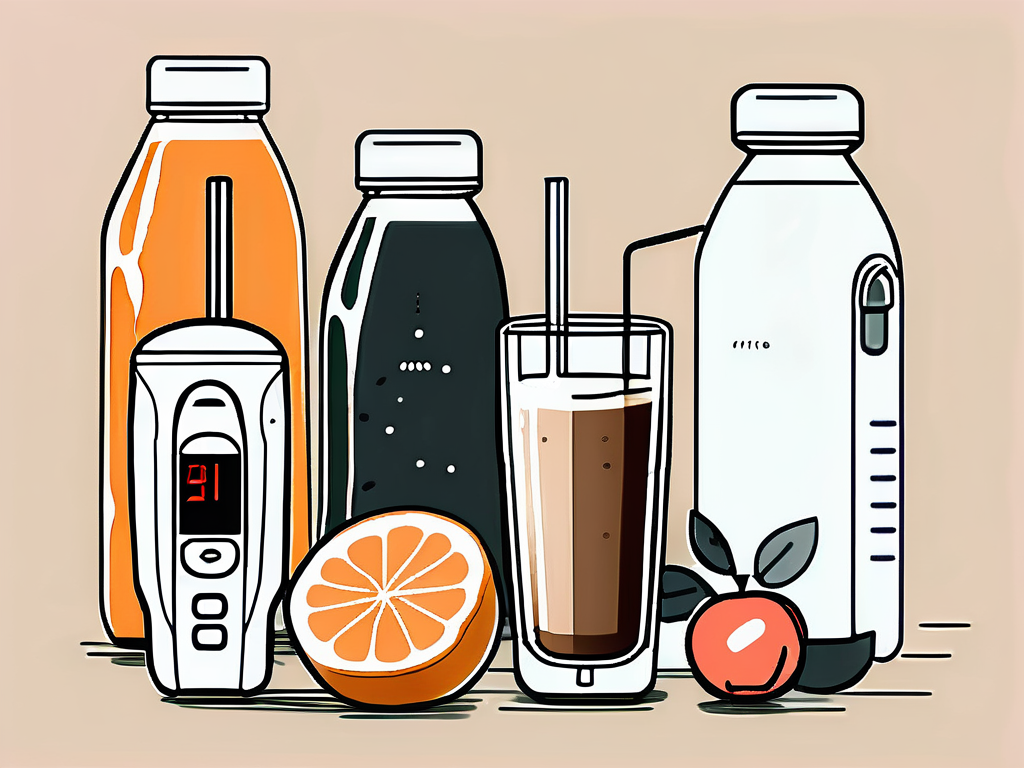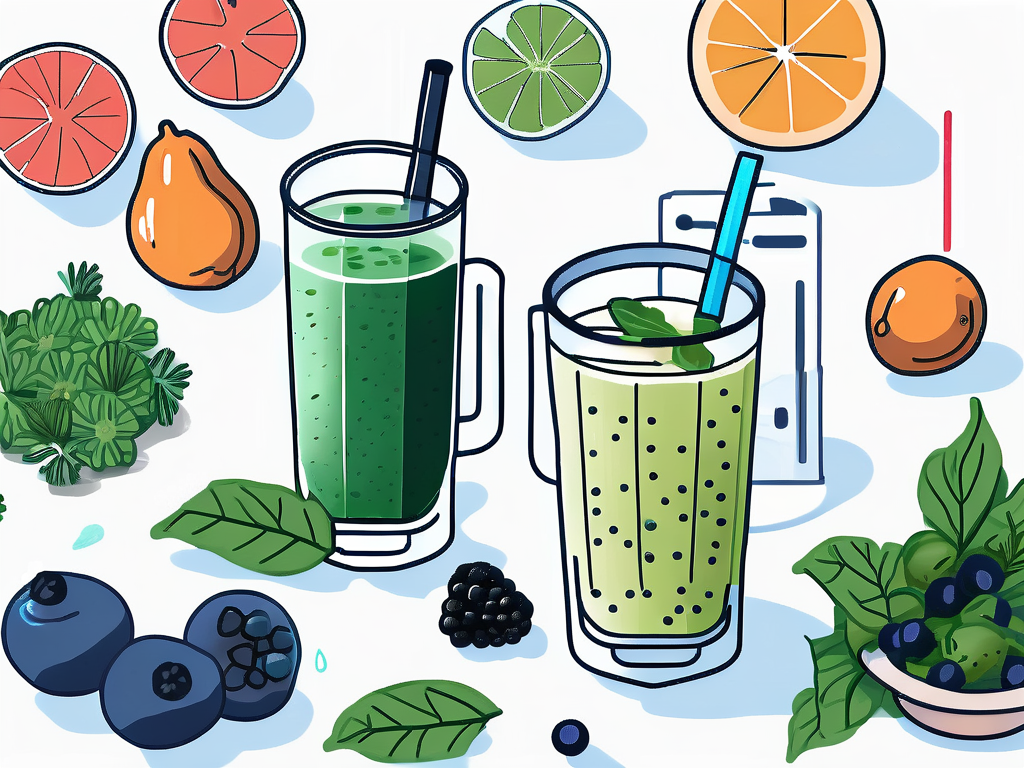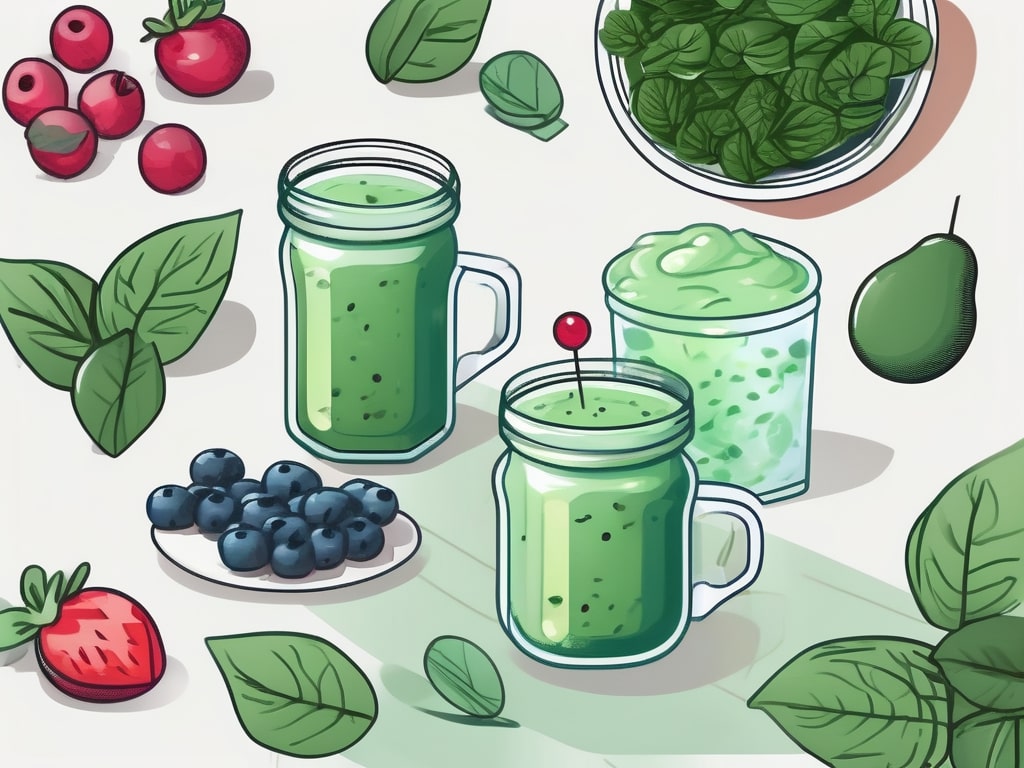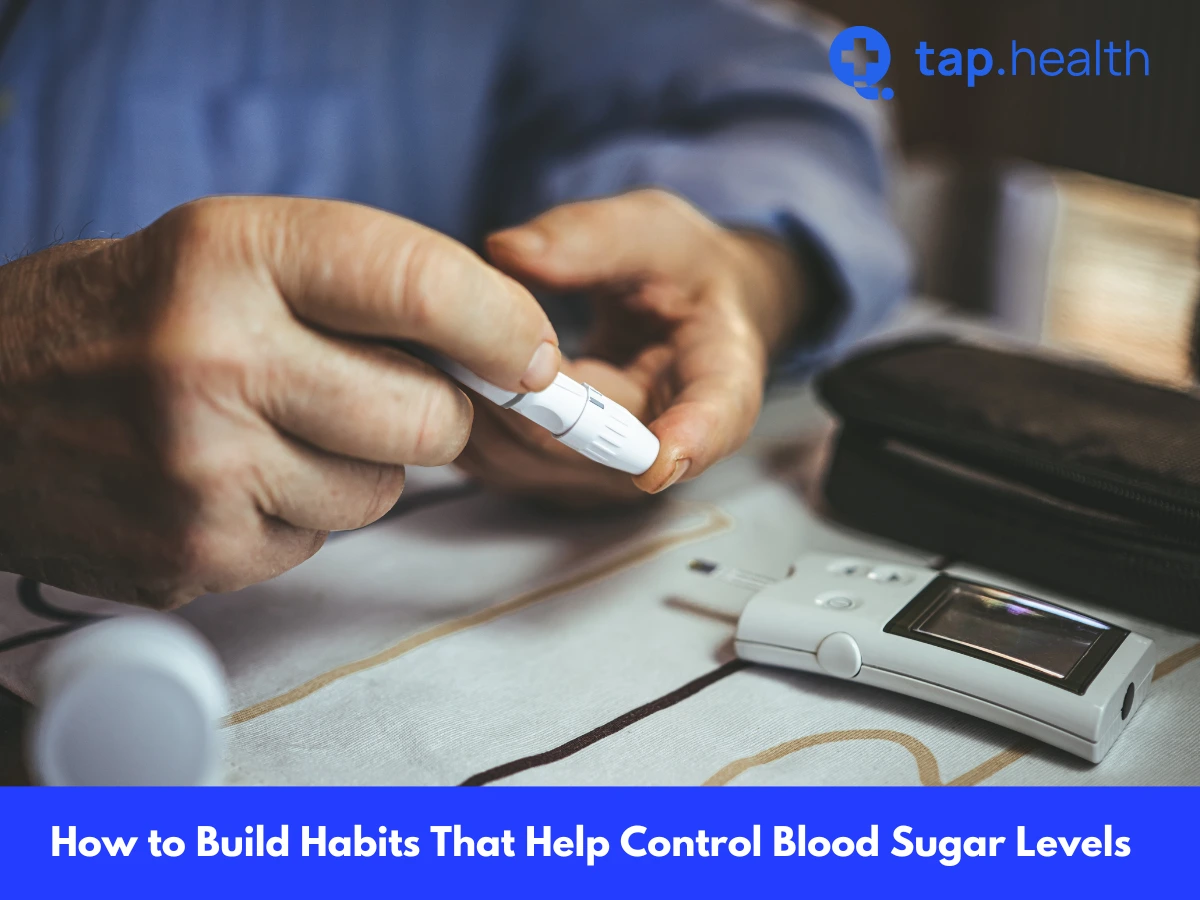Type 2 diabetes is a chronic condition that affects millions of people worldwide. Managing this condition requires making informed choices regarding food and drink consumption. When it comes to beverages, the impact on blood sugar levels is a crucial consideration for individuals with type 2 diabetes. In this article, we will explore various drink options and their effects on managing type 2 diabetes effectively.
The Role of Sugary Beverages in Managing Type 2 Diabetes
Sugary beverages have gained popularity over the years, but their consumption poses significant risks for individuals with type 2 diabetes. These drinks, such as soda, fruit juices, and energy drinks, contain high levels of added sugars. When consumed, these sugars rapidly enter the bloodstream, causing a spike in blood sugar levels. This can lead to a sharp increase in insulin demand and potentially worsen diabetes control.

Moreover, sugary beverages are calorie-dense and lack essential nutrients, thereby promoting weight gain and increasing the risk of obesity, a common risk factor for type 2 diabetes. Thus, it is crucial to limit or avoid sugary drinks to maintain overall health and manage diabetes effectively.
It is important to note that the impact of sugary beverages on blood sugar levels can vary depending on the individual’s overall diet and lifestyle. For some people with type 2 diabetes, even small amounts of sugary drinks can lead to significant spikes in blood sugar levels, while others may be able to tolerate them in moderation. However, it is generally recommended that individuals with diabetes opt for healthier beverage choices such as water, herbal teas, or unsweetened coffee to help regulate blood sugar levels and support overall well-being.
Furthermore, the excessive consumption of sugary beverages has been linked to an increased risk of developing other health conditions beyond diabetes, including cardiovascular disease, fatty liver disease, and dental problems. The combination of high sugar content and acidity in these drinks can contribute to tooth decay and erosion of enamel over time, highlighting the importance of choosing beverages that promote dental health as well.
Exploring the Benefits of Water and Hydration for Diabetes Management
Water is a vital component of our daily dietary needs, and it plays a crucial role in managing type 2 diabetes. Unlike other beverages, water contains no calories, sugars, or carbohydrates, making it an excellent choice for maintaining hydration without impacting blood sugar levels. Staying properly hydrated is essential for regulating blood sugar levels, promoting kidney function, and supporting overall well-being in individuals with diabetes.
In addition to its calorie-free nature, water can also help manage weight. By consuming an adequate amount of water throughout the day, individuals with type 2 diabetes can feel fuller and may be less tempted to consume high-calorie beverages or overeat during meals. This can contribute to achieving and maintaining a healthy weight, a key aspect of diabetes management.
Furthermore, staying hydrated with water can aid in digestion and nutrient absorption. Proper hydration supports the body’s ability to break down food efficiently and transport nutrients to cells. For individuals with diabetes, this can be particularly beneficial as it can help optimize the absorption of essential nutrients like vitamins and minerals, which play a crucial role in overall health and well-being.
Moreover, water is essential for regulating body temperature and cooling the body through perspiration. This is especially important during physical activity, which is a key component of diabetes management. By staying well-hydrated, individuals with diabetes can better regulate their body temperature during exercise, reducing the risk of overheating and dehydration.
5 Best Low-Glycemic Index Drinks for Type 2 Diabetes
Understanding the glycemic index (GI) is essential for individuals with type 2 diabetes as it measures how quickly a particular food or drink raises blood sugar levels. Choosing low-GI beverages can help minimize blood sugar spikes and maintain stable glucose levels. Here are five low-GI drinks suitable for individuals with type 2 diabetes:
1. Green tea
Packed with antioxidants and naturally low in calories, green tea is a refreshing option that can help manage blood sugar levels.
2. Herbal teas
Varieties such as chamomile, hibiscus, and peppermint can provide flavorful alternatives to sugary drinks without affecting blood sugar levels.
3. Vegetable juices
Freshly squeezed vegetable juices, such as tomato or carrot juice, offer essential nutrients and are lower in sugar compared to fruit juices.
4. Low-fat milk
Rich in calcium and protein, low-fat milk provides a satisfying and nutritious option that does not significantly affect blood sugar levels.
5. Sparkling water
Carbonated water with no added sweeteners can be a refreshing and hydrating choice for individuals with type 2 diabetes.
These low-GI options not only help manage blood sugar levels but also offer additional health benefits, making them suitable choices for individuals with type 2 diabetes.
It’s important to note that while these low-GI drinks can be beneficial for individuals with type 2 diabetes, it’s also essential to consider portion sizes and overall dietary habits. Incorporating a variety of low-GI foods and drinks into a balanced diet can contribute to better blood sugar management and overall health.
Additionally, staying hydrated is crucial for individuals with type 2 diabetes to support kidney function and maintain optimal blood sugar levels. Choosing low-GI beverages like the ones mentioned above can be a great way to stay hydrated while also managing blood sugar effectively.
Practical Tips for Making Healthier Drink Choices with Type 2 Diabetes
Making conscious decisions about beverage consumption is an essential aspect of managing type 2 diabetes. Here are some practical tips to help individuals make healthier drink choices:

- Read labels: Pay close attention to the nutritional content and ingredients of the beverages you consume. Look for low or no added sugar options.
- Choose water as the primary beverage: Make water the go-to drink throughout the day, ensuring hydration without adding unnecessary calories or sugars.
- Opt for natural flavors: If seeking a flavor boost, consider infusing water with fruits, herbs, or spices rather than relying on sugary additives.
- Limit alcohol consumption: Alcoholic beverages can significantly impact blood sugar levels and should be consumed in moderation, if at all.
- Consult a healthcare professional: If unsure about the suitability of certain beverages, seek advice from a dietitian or healthcare provider who specializes in diabetes management.
By implementing these practical tips, individuals with type 2 diabetes can make informed choices about their drink consumption and work towards better diabetes management.
It’s important to note that while water is a great choice for hydration, there are other options available for those looking to add variety to their beverage choices. Unsweetened herbal teas can be a flavorful and comforting alternative to water, providing hydration without added sugars. Additionally, incorporating vegetable juices or low-sodium broths can be a nutritious way to increase fluid intake while also getting essential vitamins and minerals.
When it comes to reading labels, keep an eye out for hidden sources of sugar such as high-fructose corn syrup, dextrose, or maltose. These ingredients can quickly add up and impact blood sugar levels. Choosing beverages that are lower in carbohydrates and sugar can help individuals with type 2 diabetes better manage their condition and overall health. Remember, small changes in beverage choices can lead to significant improvements in diabetes management over time.
FAQs on What Drinks are Good for Type 2 Diabetes?
1. Are diet sodas safe for individuals with type 2 diabetes?
Diet sodas contain artificial sweeteners that do not impact blood sugar levels. However, it is important to consume them in moderation and consider other healthier drink options.
2. Can I consume fruit juices if I have type 2 diabetes?
While fruit juices may contain essential nutrients, they are often high in sugar and can cause blood sugar spikes. It is advisable to consume whole fruits instead, as they provide dietary fiber that helps regulate blood sugar levels.
3. What about coffee and its effects on blood sugar?
Black coffee without added sugar or cream is generally considered to have a minimal impact on blood sugar levels. However, be cautious with fancy coffee beverages that often contain added sugars and high-calorie creams.
4. Is it essential to drink a certain amount of water each day?
While water needs vary among individuals, staying properly hydrated is crucial for overall health and diabetes management. Drinking an adequate amount of water helps maintain proper bodily functions, aids digestion, and supports kidney function. It is recommended to consult with a healthcare professional to determine your specific water needs based on factors such as age, weight, activity level, and climate.
5. Are sports drinks and energy drinks suitable for individuals with type 2 diabetes?
Most sports and energy drinks contain high levels of added sugars and are generally not recommended for individuals with type 2 diabetes. These drinks are designed to provide quick energy for athletes engaging in intense physical activity. However, for individuals with diabetes, the high sugar content can lead to blood sugar spikes and disrupt glucose control. It is advisable to opt for low-sugar or sugar-free alternatives such as electrolyte-enhanced water or homemade natural fruit-infused water. Consulting a healthcare professional or dietitian experienced in diabetes management can provide personalized guidance and support when considering the consumption of sports or energy drinks.
Additionally, it is worth mentioning that incorporating herbal teas into your daily routine can be a beneficial choice for individuals with type 2 diabetes. Herbal teas, such as chamomile, peppermint, and green tea, are known for their potential health benefits. These teas are often rich in antioxidants and may help improve insulin sensitivity, reduce inflammation, and promote overall well-being. However, it is important to note that herbal teas may interact with certain medications, so it is advisable to consult with a healthcare professional before incorporating them into your diet.





